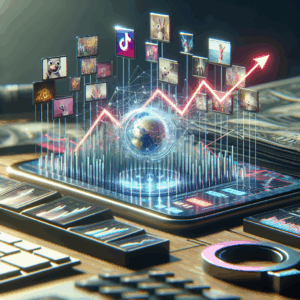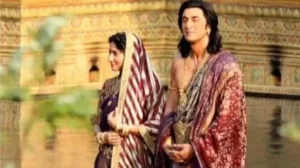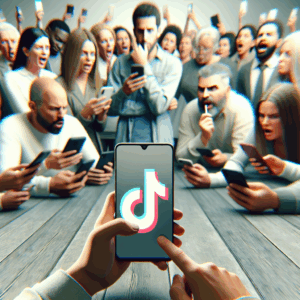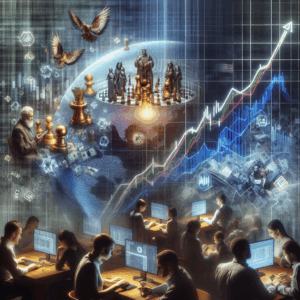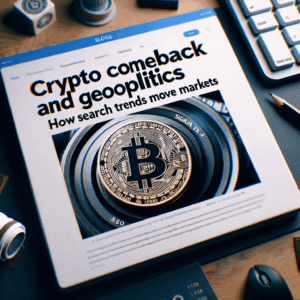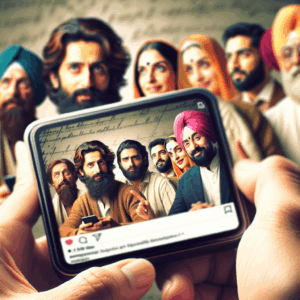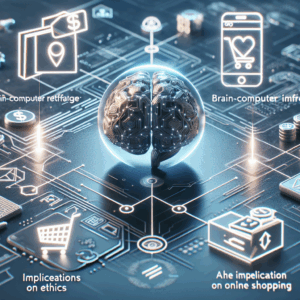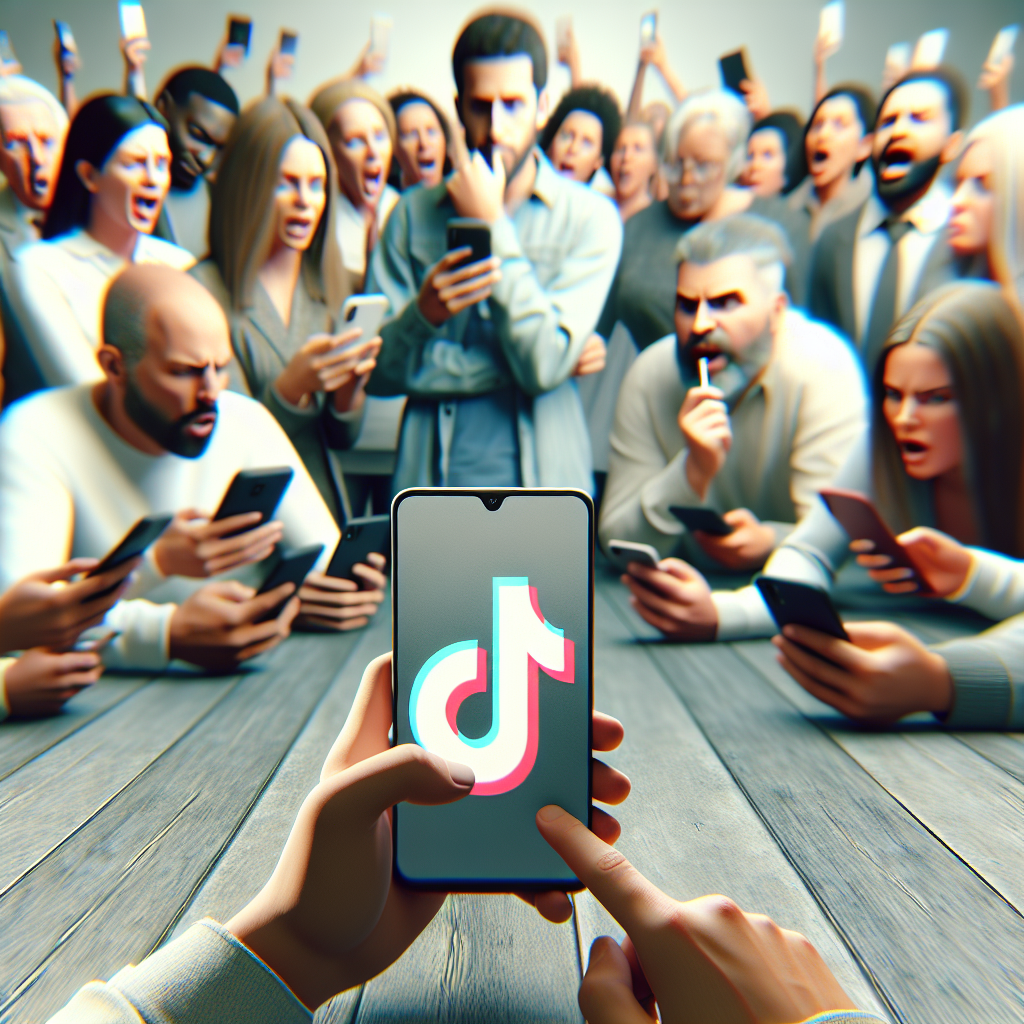
What if the next viral TikTok dance actually decides a political debate? The digital realm has blurred boundaries, creating a space where entertainment and politics don’t just coexist—they collide and collaborate. This article explores how TikTok battles influence political discourse, impacting how opinions form, spread, and provoke real-world action.
Meet Priya, a passionate TikTok creator from Chennai. Originally posting lighthearted dance videos, her content suddenly shifted as political hashtags began trending. Overnight, her feed turned into a battleground—not for dance moves, but for political clout. Her followers, once united by viral sounds, now passionately debated in the comments about new policies and decisions.
What’s happening?
TikTok isn’t just about catchy dances or comedic skits anymore. It’s rapidly evolving into an unexpected stage for political expression. Trending challenges and battles often use viral audio snippets to discuss controversial bills, campaign slogans, or even mock political leaders. Influencers now double as political commentators, and their short videos spark rapid-fire debates drawing millions of young viewers into previously overlooked topics.
Why does it matter?
- Shaping public opinion: Young audiences, who traditionally avoided political news, are now exposed to it—in meme or challenge form. This shapes narratives and spreads awareness, but can also simplify or distort complex issues.
- Algorithm amplification: TikTok’s powerful recommendation engine doesn’t just push fun content. Political videos can go viral in hours, sometimes leading to misinformation but often democratizing the conversation beyond mainstream media’s reach.
- Data and privacy: Political cross-overs raise questions about platform responsibility. Who regulates this flood of content? How does user data impact which opinions trend?
- Influence over real-world action: Viral TikTok battles have reportedly swayed voter registration numbers and influenced public protests, showing a direct link between online trends and offline mobilization.
What’s next?
- Policy action: Global governments are considering new regulations to address political content on platforms like TikTok. Major policy announcements may soon reshape what’s allowed.
- Upcoming elections: Political parties are investing in influencer partnerships and micro-campaigns targeting TikTok audiences, aiming to harness viral momentum ahead of upcoming vote timelines.
- Stakeholder reactions: Influencers, activists, and viewers are debating best practices for balancing freedom of expression with the risks of polarization and misinformation.
In summary, the merger of viral TikTok battles with political discourse is more than a passing trend—it’s fundamentally changing how people engage with politics and entertainment alike. Both opportunities and challenges lie ahead, with policy responses and user reactions set to shape the future of digital conversation. How do you feel about this shift? Drop a comment and join the debate!

